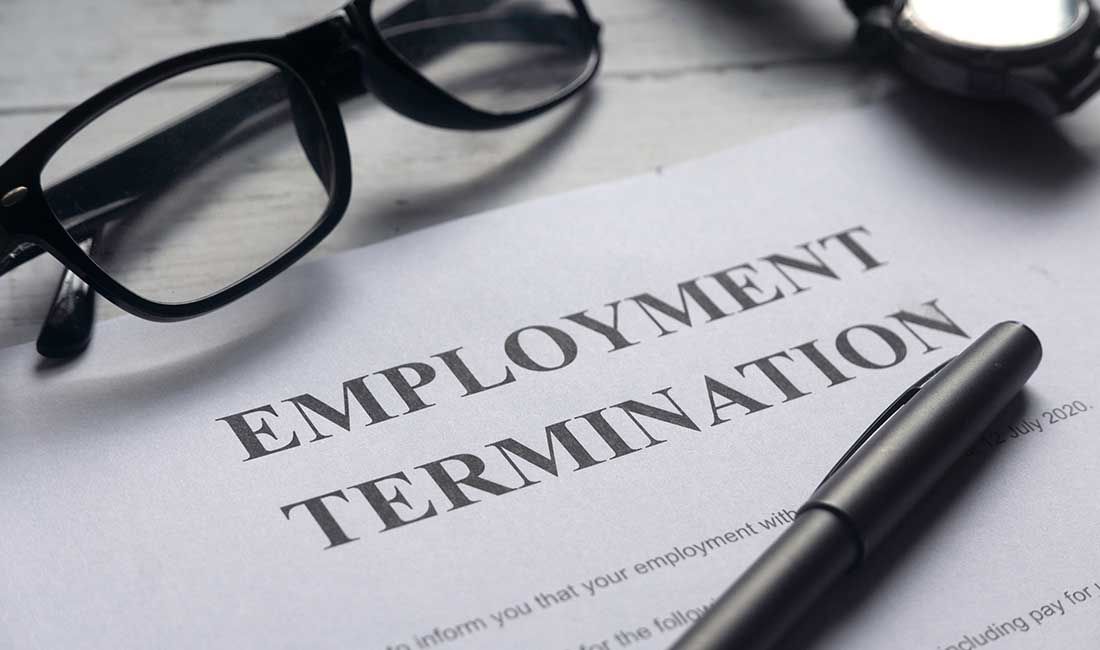Changes to the Legal Definition of a Disability

| W.E.U Admin | Workplace Wellbeing
TAGS: Disability, Legislation
Further to our recent update on the amendments to the Equality Act 2010 that came into force on 1 January 2024, the legal definition of a disability has been extended by The Equality Act 2010 (Amendment) Regulations 2023.
New Definition Under the Equality Act 2010
The updated legal definition of a disability now states:
“References in the relevant provisions to a person’s ability to carry out normal day-to-day activities are to be taken as including references to the person’s ability to participate fully and effectively in working life on an equal basis with other workers.”
Implications for Employers
Previously, employers assessed disability by considering whether a worker’s impairment affected basic daily tasks such as shopping, dressing or housework. Under the new provisions, you must also consider the worker’s ability to participate fully and effectively in working life on an equal basis with other workers. This change significantly increases the likelihood of an individual meeting the definition of a “disabled person” under the Equality Act 2010.
From 1 January 2024, if a worker can demonstrate that their mental or physical impairment has a substantial and long-term adverse effect on their ability to participate in working life fully and effectively compared to others, it will be easier for them to establish disability status under the Act. Although “fully and effectively” is yet to be tested in the courts, if an employee shows they cannot perform as well as colleagues without a protected characteristic, they are likely to be protected under the legislation.
Practical Advice for Employers
In reality, UK case law has already recognised this broader approach, but the amended regulations make it explicitly easier for employees to qualify as disabled. Our key recommendations are:
- Adopt a cautious approach: When assessing disability, err on the side of including the working-life considerations.
- Treat individuals as disabled: If in doubt, accommodate under the Equality Act 2010 to minimise the risk of breaching your obligations.
- Review reasonable adjustments: Update policies and procedures to ensure they cover adjustments that support full and effective participation in work.
If you have any questions regarding these amendments or any employment law matters, please contact a member of our Employment Law Team, who will be happy to assist.
Amy Hallam
Head of Employment at BRM Law
workersofengland.co.uk | Independent Workers Trade Union

















